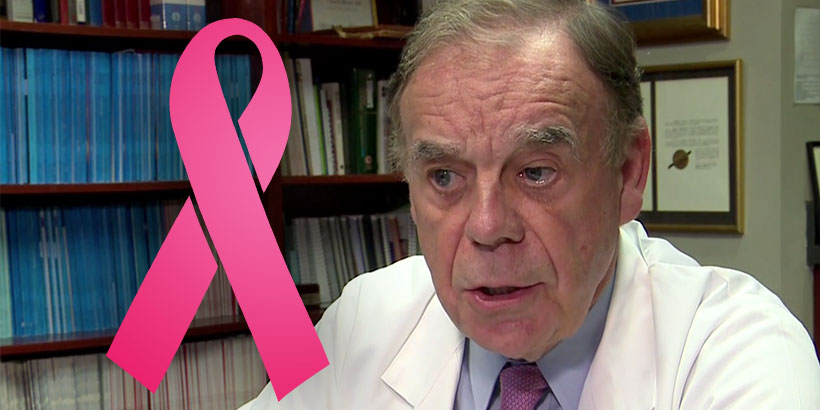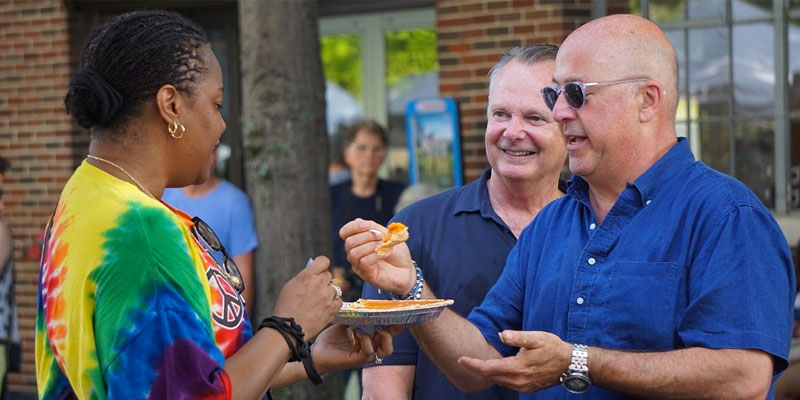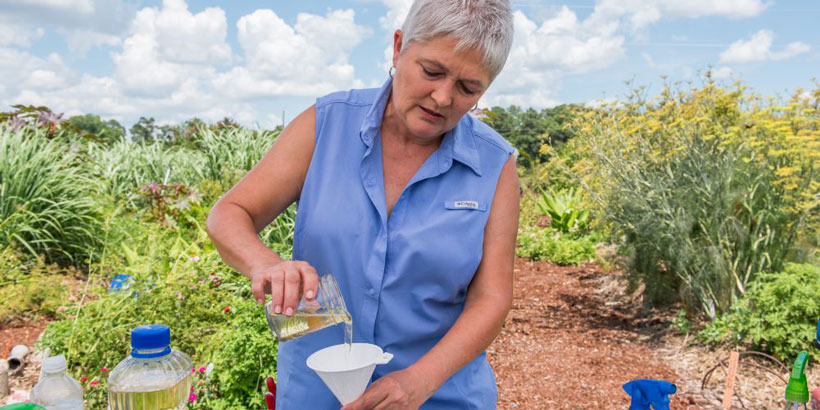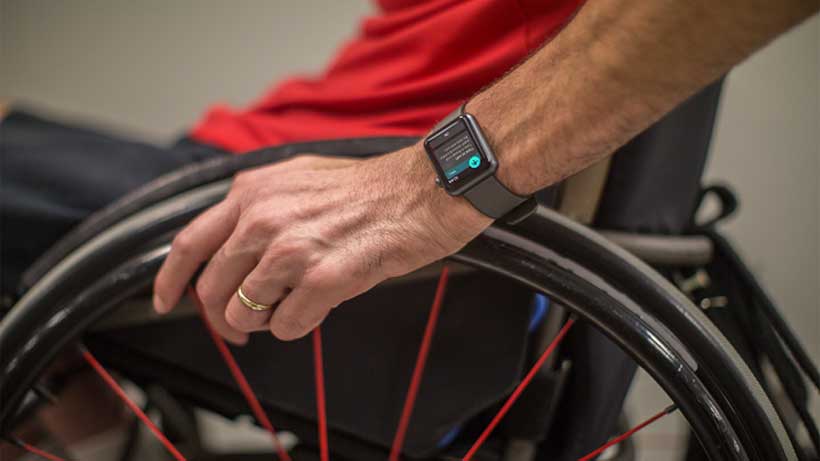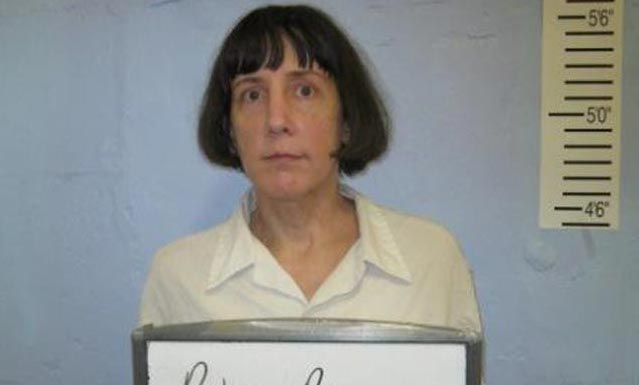(Video Above: Dr. Kirby Bland talks about the improvements in breast cancer survival)
“You have breast cancer,” is the heart-dropping statement many women dread hearing, and rightly so: One in eight women will be diagnosed with this disease during her lifetime.
Thanks to new treatments and continuing research, the medical field continues to provide women increased hope in defeating breast cancer, said Dr. Kirby Bland, a leading cancer specialist at UAB’s Kirklin Clinic, Birmingham.
He served 16 years as UAB Hospital’s surgeon-in-chief and chair of the Department of Surgery for the UAB School of Medicine. Bland left those posts on Oct. 1 to devote time to caring for patients, completing research and to lending his expertise to training and educating future surgeons.
This summer, Bland was among Newsweek’s listing of “Top Cancer Doctors 2015.”
Bland advises women to get their first mammogram by 40.
“Approximately two-thirds of breast cancers occur after menopause,” he said. Women with a family history of breast cancer should receive more frequent mammograms, Bland said. However, the disease does not always discriminate by women’s age: Though breast cancer is rare in children and adolescents, Bland has performed life-saving surgery for breast cancer on a girl who was 9 years old.
Breast cancer is about 100 times less common for men than women. During his lengthy career, Bland has treated just a handful of men.
With today’s improved diagnostics and therapies, he said, the prognosis for breast cancer has increased exponentially. Even in the 1700s, Bland noted, Italian physician Bernardino Ramazzini knew that women were dying of breast cancer, but there was no real method of treating the disease.
“With the advent of radiation therapy and, particularly, the improvement in the types of chemotherapy and types of directed therapies, women have a huge probability that we can impact, very positively, the outcomes of breast cancer,” said Bland, who has treated tens of thousands of breast-cancer patients during his 40-plus-year medical career. “The earlier the stage at which you diagnose the cancer and the more favorable stage it happens to be in, the greater the chance that we will have a major quality impact on the outcome. This accounts for the reasons, since 1980, that we have improved the five-year survival rate from 70 percent to well over 95 percent today.”
A new line of treatment
Bland, working with a UAB team including Dr. Helen Krontarias, biophysical chemistry professor Donald Muccio and Clint Grubbs, associate director for UAB’s Department of Surgery, was instrumental in developing a new chemotherapeutic retinoid drug – UAB-30 – to treat breast cancer. The researchers are moving UAB-30 to clinical trials as a chemopreventive agent for breast cancer.
“This drug development progress is in the pre-clinical phases of testing drug efficacy, and will move to National Cancer Institute oversight for phase II and III trials over the next few years,” Bland said. “We are hopeful to see UAB-30 come to market in the United States in 10 years.”
Bland’s desire to improve the health outcomes of breast cancer patients doesn’t surprise his secretary, Tricia Green.
“I had worked here for less than a year when I was diagnosed with stage zero breast cancer,” Green said. “Because of that, I didn’t have much sick time or the health coverage I needed for the surgery. Dr. Bland donated his time for my surgery.”
“That’s the kind of person he is,” Green said. “He goes beyond caring.”




